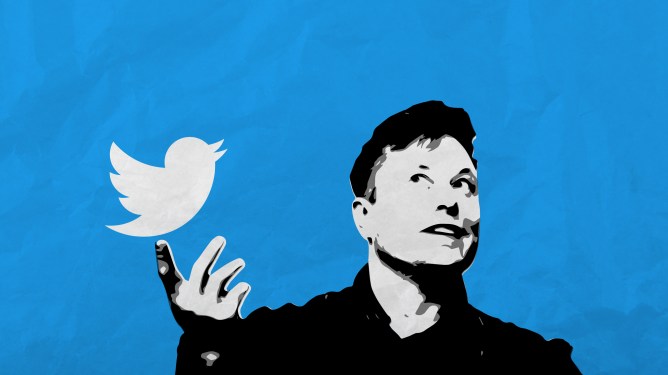
Twitter adds government-funded labels to its fact-checking efforts globally
Introduction
Twitter has recently begun labeling the accounts of several international news outlets with the designation "government-funded media." This move has sparked concerns among the affected organizations, with some questioning the accuracy and implications of these labels. In this article, we will delve into the issue, exploring the perspectives of the news outlets and Twitter’s motivations behind this decision.
The Labels: A Misleading Designation?
One of the first news outlets to receive the "government-funded media" label was the Australian Broadcasting Company (ABC Australia). In response, ABC wrote on Twitter: "For more than 90 years the ABC has always been and remains an independent media organisation, free from political and commercial interests." The statement highlights a crucial point – while the ABC is indeed publicly funded, its independence and editorial control are not compromised by government funding.
SBS’s Concerns
Representatives from SBS (Australia’s Special Broadcasting Service) also expressed concerns about the label. They worry that it might lead Twitter users to believe that their outlet is editorially controlled by the government, which is not the case. A spokesperson stated: "While we appreciate Twitter’s motivations with regard to transparency on its platform, we believe a ‘Publicly-funded media’ label better reflects the hybrid public-commercial nature of our funding model and the fact that SBS retains full independence from Government in our news editorial and content decision making."
The BBC’s Label: A More Accurate Representation?
Twitter has applied the "publicly-funded" label to the BBC, which seems a more accurate representation. However, this label is still less transparent than needed, as it does not explicitly state that the BBC receives funding from the government.
NPR’s Departure from Twitter
The controversy surrounding these labels has led to some news outlets leaving Twitter altogether. NPR (National Public Radio) was one of them, with CEO John Lansing stating: "At this point I have lost my faith in the decision-making at Twitter…I would need some time to understand whether Twitter can be trusted again." Following NPR’s departure, CBC (Canadian Broadcasting Corporation) also announced that it will pause its activities on Twitter.
The Implications of These Labels
These labels raise several concerns:
- Transparency: While Twitter aims to increase transparency by labeling government-funded media outlets, the current labels may not accurately reflect the nature of these organizations.
- Independence: The concern is that these labels might suggest a loss of editorial control or independence on the part of these news outlets.
- Trust: If news organizations feel that their reputation and credibility are being compromised by these labels, it can damage trust in Twitter as a platform.
Conclusion
Twitter’s decision to label international news outlets with "government-funded media" labels has sparked controversy among affected organizations. While the intention behind this move is to increase transparency, the current labels may not accurately reflect the nature of these organizations or their funding models. As news outlets continue to grapple with these issues, it remains to be seen how Twitter will address these concerns and adapt its labeling system.
Related News

